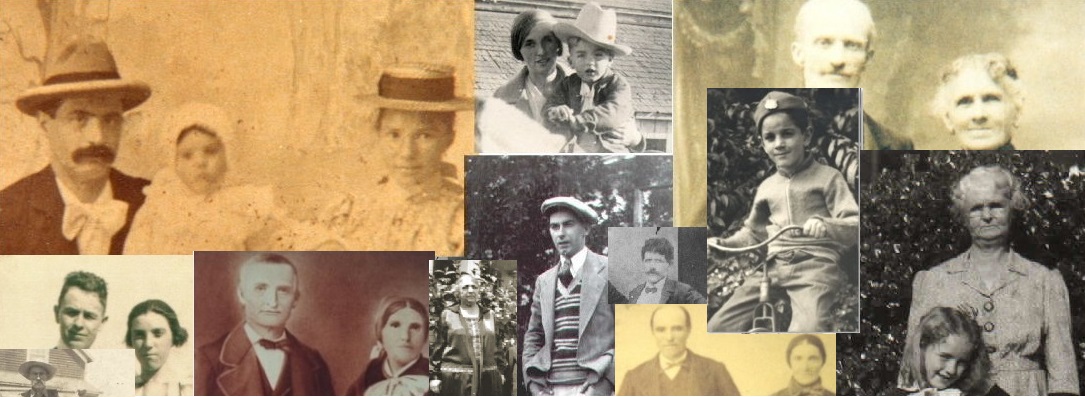Another installment in “My Area’s of Expertise”…
Now, let me tell you about Hawaii, that beautiful island paradise. In Hawaii, I’ve experienced a similar problem but for different reasons. Hawaii was very isolated until the 1830s. When outsiders started seeing the potential to make money, Hawaii became much like a super sonic boom town. Things were done fast and furious. Some records exist from this era. However, it’s not uncommon to find a birth entry with only first names. During this era you have Kingdom records.
When the government was overthrown and Hawaii became a US Territory, new recording practices were put into place. It appears that it took until about 1905-1910, depending on the locale, for official record practices to be standardized. During this period, you may find a register entry for birth, marriages, and deaths, but you will find no certificates.
Then you must take into account natural disasters, fires, and other calamities. Churches were erect, moved, burned down, and abandoned on a regular basis. You might find one church’s records in the holdings of two or more churches now.
Almost everyone can lay claim to an ancestor who worked on the sugar plantations. Sadly, sugar plantation records were not really preserved until decades later. While some have been put into collections, many were lost. The all valuable sugar plantation contract which was signed in the immigrants homeland only exists if the immigrant themselves held onto a copy. These records are further muddled by the fact that plantation owners didn’t really want to learn the many languages and names of their foreign workers. Some used bango numbers to identify workers. The bango was kept by the laborer and was used for payroll records, store purchases, and any transaction dealing with money between owner and laborer. So, you may find that the records for your ancestor’s plantation were preserved, but all that is recorded is bango numbers.
Add to this the fact that many immigrants from all over the globe showed up to work in Hawaii. This creates problems for the genealogist because you may have a census enumerator who is Filipino recording German names. You may have an illiterate Portuguese married couple handing their church marriage certificate to the civil official and that person recording them as seen–in Latin. You might have to look up Asian names recorded by a Portuguese speaking person who never had seen such names before and so writes then as one word, two words, or names everyone the same. Your ancestor could be in the records, but first you have to figure out what the record keeper thought they heard!
Between San Francisco and Hawaii, there are enough problems to make a genealogist throw their hands up and walk away. I’m a big believer in persistence and perseverance. The more research you do, the better your skills become, and the more tricks you learn. It takes a little more planning to figure out ways.






